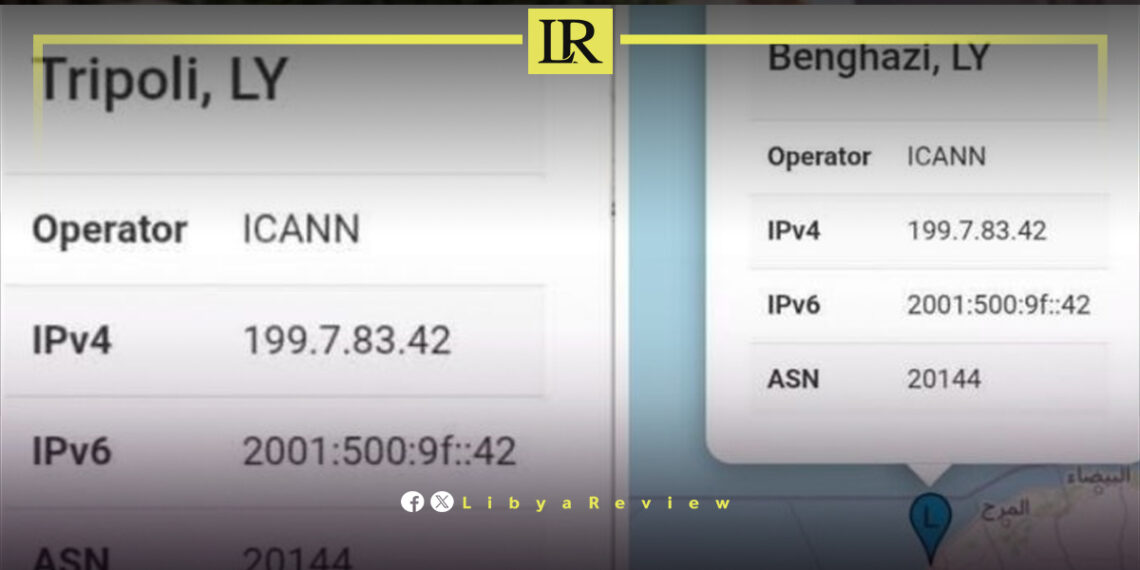Libya has officially entered the era of digital sovereignty with the launch and operation of national Root Servers in Benghazi and Tripoli, marking a milestone in the country’s technological independence and cybersecurity framework.
The General Authority for Telecommunications and Informatics announced that the servers have been activated at data centers operated by Almadar Aljadeed Company in both cities. This achievement is part of Libya’s National Telecommunications and Informatics Strategy 2023–2027, which aims to strengthen the country’s digital infrastructure and enhance cyber resilience.
Global Recognition of Libya’s Digital Infrastructure
The Libyan Root Servers have been officially listed on the global map of Root Server locations at root-servers.org
, placing Libya among the nations hosting critical infrastructure for the global internet system.
According to the Authority, the operation of these servers represents a strategic shift toward national internet independence and improved online performance. The servers will accelerate local internet response times, reduce latency, enhance cybersecurity, and reinforce Libya’s national digital sovereignty — ensuring greater stability and autonomy for both public and private sector services.
Towards a Digitally Independent Libya
The Authority emphasized that this project embodies the collective efforts of public institutions, private sector partners, and the wider technology community. It also serves as a cornerstone for building a secure and advanced digital Libya capable of confidently keeping pace with global digital transformation trends.
By hosting its own Root Servers, Libya joins a growing number of countries taking tangible steps toward internet sovereignty — an increasingly important aspect of national security and digital governance in the modern era.


